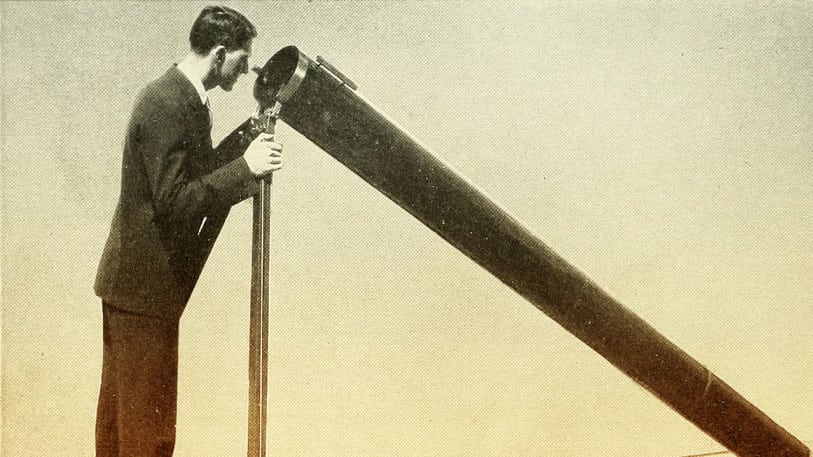How Being Too Thoughtful Could Lead To Making Worse Decisions
Researching the options and considering all of your possibilities sounds like a great way to make a decision, but it’s possible that process is causing regret, too. While the outcome has an impact on our overall satisfaction, how you go about making a decision impacts your health and happiness too, according to researchers from the University of Waterloo.
People who perform an extensive search looking for the best option are called “maximizers,” says Jeff Hughes, a doctorate student of social psychology and coauthor of the study published in the Personality and Social Psychology Bulletin. “It sounds like a rational way to make a decision, but people go about this goal in two different ways,” he says.
The first is promotion-focused, says Hughes. “This person strives to attain ideals and is particularly concerned with approaching gains and avoiding non-gains,” he says. “When put to a series of tests, it turns out this type of maximizer is able to find the best choice in a way that is satisfying and avoids regret.”
The second kind is assessment-focused, approaching a decision with concern for evaluating and comparing options. This type of decision strategy is much more negative, being associated with greater depression and regret, lower life satisfaction, and more procrastination, says Hughes.
It also leads to FOBO, fear of a better option: “They want to find the absolute best option,” he says. “They become so focused on doing the ‘right’ thing that even after they make a decision, they still ruminate on their earlier options, which leads to frustration and regret with the decision process.”
FOBO robs you of the happiness you already have, says Hughes. If you’re this kind of decision maker, you can avoid regret by trying three tricks:
1. Give Yourself a Deadline
Maximizers often put off making decisions as long as possible so they can continue to find better options, says Hughes.
“Instead, set a time limit–an hour or a week, for example,” he says. “This will help force yourself to let go of searching for other options.”
2. Trust Your Gut
Assessment-focused maximizers often reconsider options that were previously dismissed, and that’s problematic, says Hughes. “You keep thinking about all the options you had to leave behind, rather than enjoying the option that you chose in the end, and that can cause a lot of frustration and regret,” he says. “Instead, don’t let it sit in the back of your mind. If an option didn’t make you happy when you first evaluated it, drop it and move on.”
3. Strive For Good Enough
Forget about the search for the absolute best, says Hughes. “Ask yourself, ‘What is minimum quality I could be happy with?’ Look for something that meets that criteria and stop.”
While this is not good for important decisions, it works for less important decisions. “Important decisions are important for a reason and you don’t want to gloss over things and end up unhappy with option you went with because you didn’t look at what was available,” says Hughes. “But if you’re as thorough with your decisions for lunch as you are with your decisions about your career, this could be a problem.”
(47)














